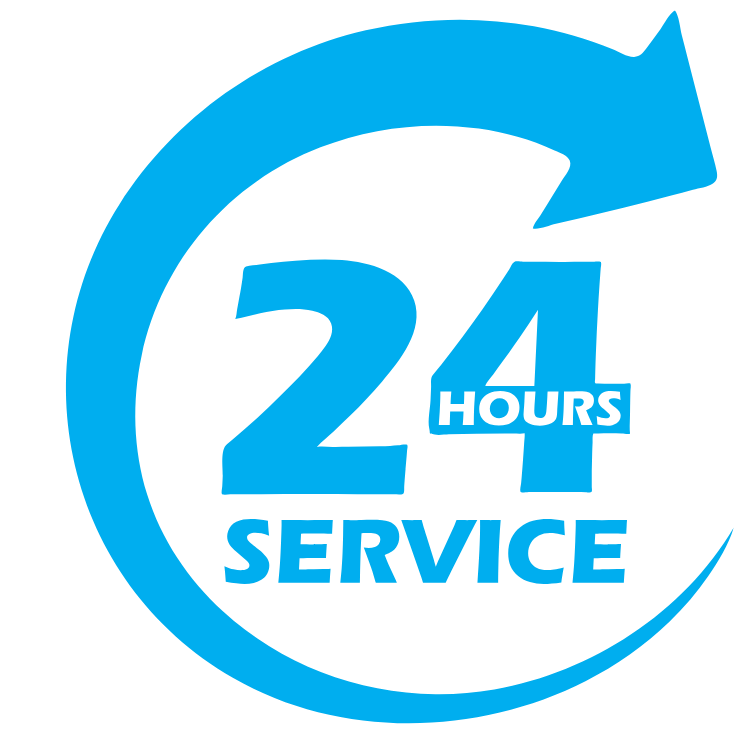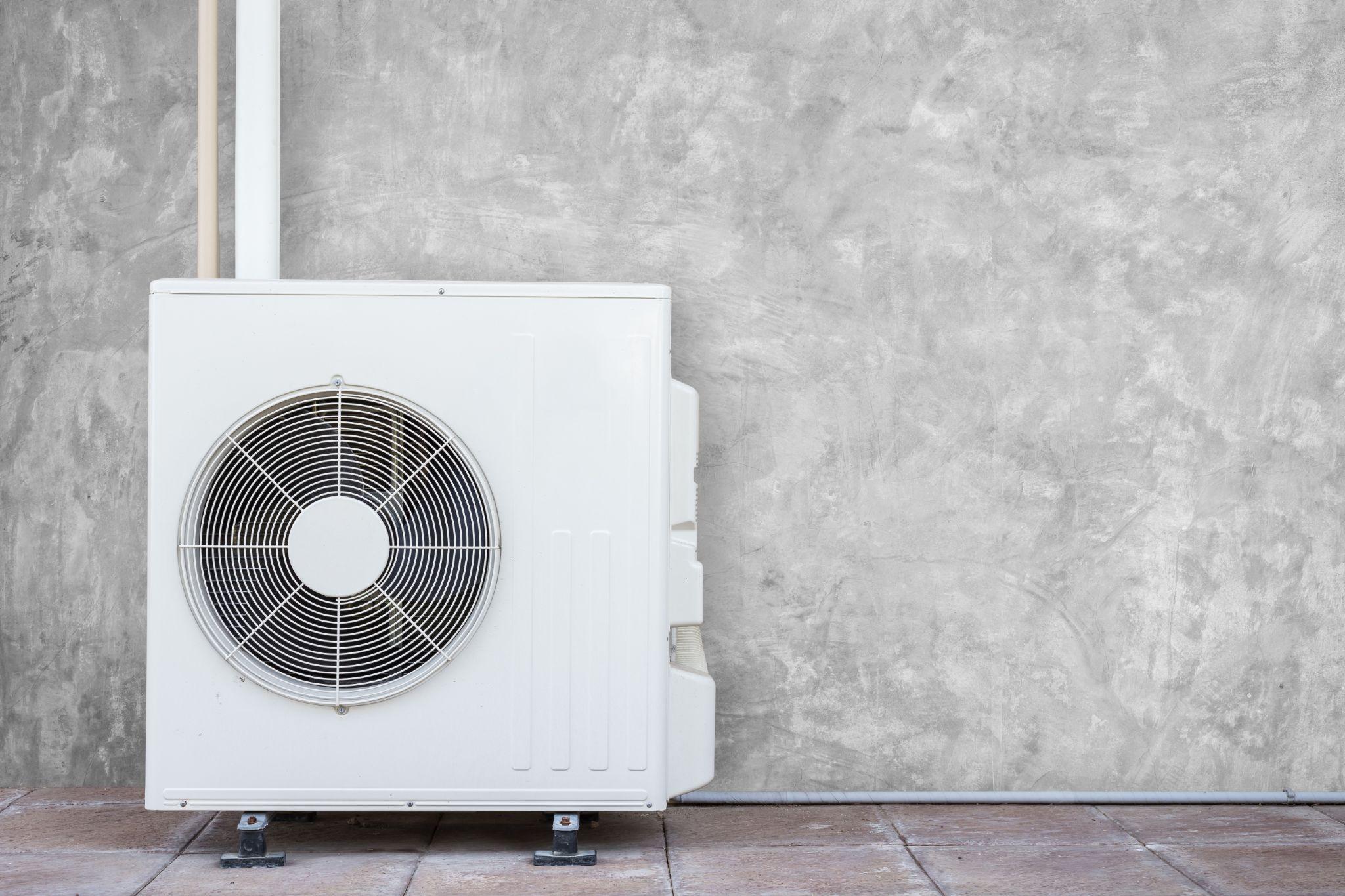LICENSED, INSURED & BONDED SINCE 1985 WITH 35 YEARS OF EXPERIENCE • (818) 483-0139
Heat pumps are a reliable and energy-efficient solution for heating and cooling homes, but like any HVAC system, they have a finite lifespan. So, how long do heat pumps last? Let’s find out and explore the average lifespan, factors that impact its longevity, and when to repair or replace a heat pump. Having this information helps homeowners make informed decisions about their home heating and cooling needs.
Average Lifespan of a Heat Pump
On average, a well-maintained heat pump system lasts between 10 to 15 years. However, some high-quality models that receive regular maintenance can operate efficiently for up to 20 years. The exact lifespan depends on various factors, including usage patterns, climate conditions, and maintenance practices. The life expectancy of a heat pump is also dependent on the cooling seasons in your region, as heavy seasonal use can shorten the life of your heat pump.
Factors That Affect Heat Pump Lifespan
Several key factors influence and affect a heat pump’s lifespan, including:
- Maintenance: Regular servicing, including air filter changes and coil cleanings, extends the unit’s life.
- Climate: Heat pumps in extreme temperatures or coastal areas may wear out faster due to increased strain or exposure to salt and moisture.
- Usage: A heat pump that runs continuously or operates in a poorly insulated home will experience more wear and tear.
- Installation Quality: A properly installed heat pump functions more efficiently and lasts longer.
- Brand and Model: Higher-end models often feature better components that contribute to increased longevity.
Signs Your Heat Pump May Need Replacement
If your heat pump shows any of the following signs, it may be nearing the end of its useful life:
- Frequent Repairs: Constant breakdowns indicate aging components that may not be worth fixing.
- Declining Efficiency: Rising energy bills without a change in usage suggest the system is losing efficiency.
- Inconsistent Heating or Cooling: Uneven temperatures or difficulty maintaining the set temperature can point to a failing system.
- Unusual Noises: Grinding, rattling, or humming sounds may indicate motor or compressor issues.
- Age of the Unit: If your heat pump is over 15 years old, replacing it may be more cost-effective than continued repairs.

When to Repair vs. When to Replace
Deciding if you should repair or replace your heat pump depends on the severity of the issue and the age of the unit:
- Repair: If the heat pump is relatively new (under 10 years) and the cost to repair it is minor, a fix may be the best option. Minor issues such as thermostat malfunctions, capacitor failures, or small refrigerant leaks can usually be repaired cost-effectively.
- Replace: If the unit is over 10-15 years old, has recurring issues, or requires an expensive repair (such as a compressor replacement), investing in a new system is typically the better long-term solution. A heat pump that has already had multiple repairs is more likely to continue experiencing breakdowns, making replacement a more practical choice.
- Energy Efficiency Considerations: Newer heat pumps are significantly more energy-efficient than older models, leading to lower utility bills and improved performance. If your current heat pump is outdated and inefficient, replacing it with a newer model may provide long-term savings.
- Cost Analysis: A good rule of thumb is the “5,000 rule”—multiply the age of the heat pump by the estimated repair cost. If the total exceeds $5,000, replacement is often the better choice.
- Environmental Impact: Newer models use eco-friendly refrigerants and have improved technology that reduces carbon emissions. If sustainability is a priority, upgrading to a modern unit can help lower your carbon footprint.
FAQs
Do heat pumps lose efficiency with age?
Yes, heat pumps naturally lose efficiency over time, especially if they are not well-maintained. Regular maintenance helps slow this process.
How much efficiency does a heat pump lose annually?
On average, a heat pump loses about 2-3% of its efficiency each year. However, with bi-annual maintenance, it will help minimize efficiency loss and keep the system running optimally.
At what temperature is a heat pump no longer efficient?
Most heat pumps struggle to operate efficiently in temperatures below 25-30°F, though modern cold-climate models can work effectively in even lower temperatures.
Does it hurt the heat pump to run constantly?
Not necessarily. Heat pumps are designed to run for extended periods, but if they run non-stop due to a malfunction, improper sizing, or extreme weather, it may indicate a problem that needs to be addressed.
Schedule Heat Pump Services in the San Fernando Valley Today
If your heat pump needs maintenance, repairs, or a complete replacement, trust the experts at Lynch Plumbing to keep your home comfortable year-round. Whether you’re considering an air source heat pump or need help with your existing system, our team is ready to assist. Contact us today for professional heat pump services in the San Fernando Valley, Ventura County, and Los Angeles.






